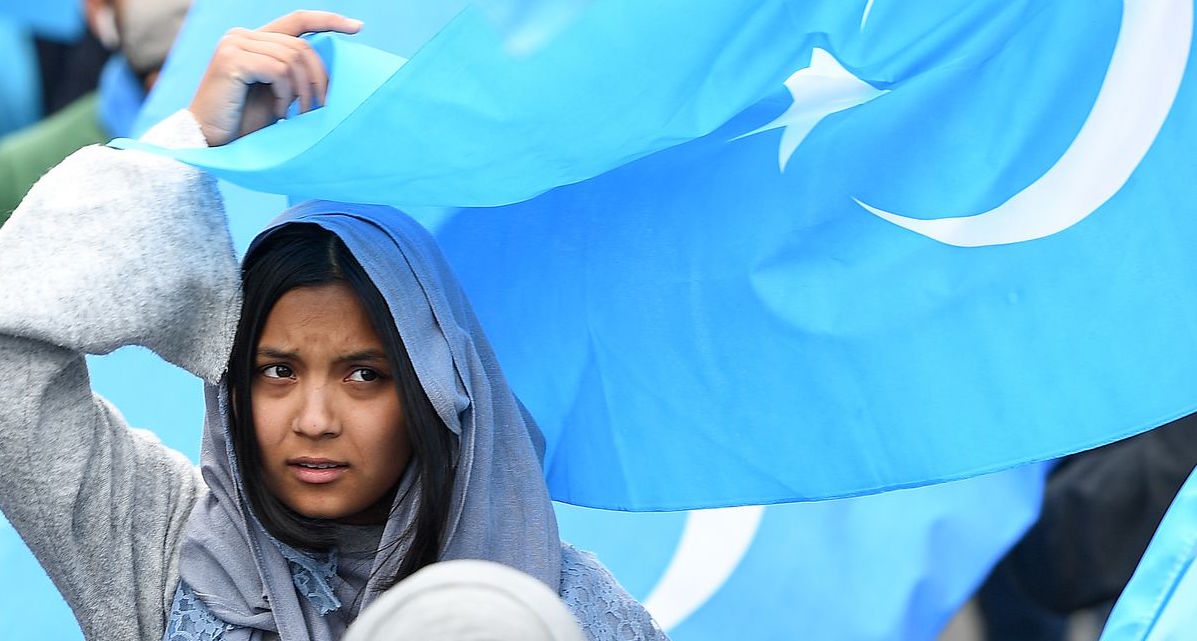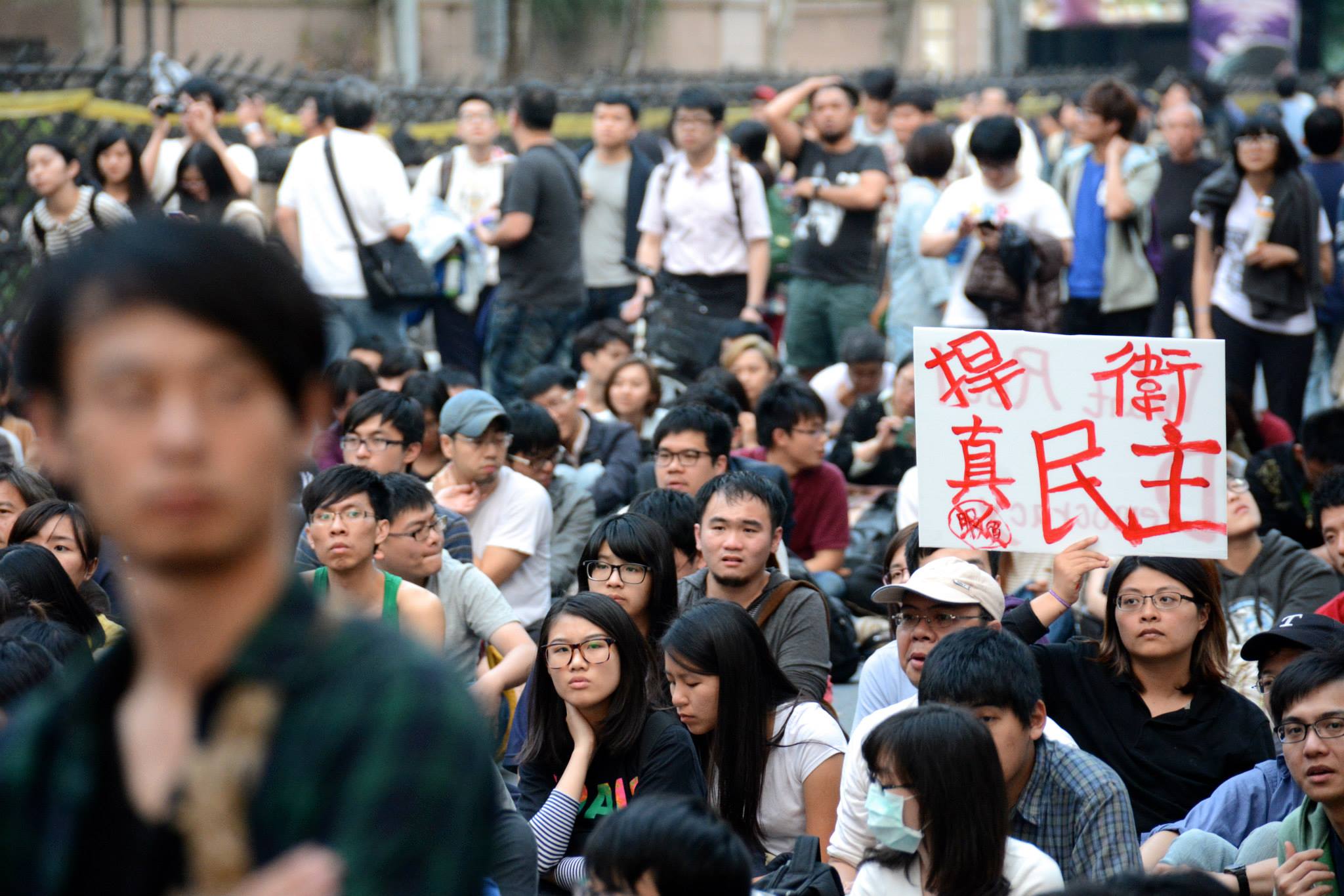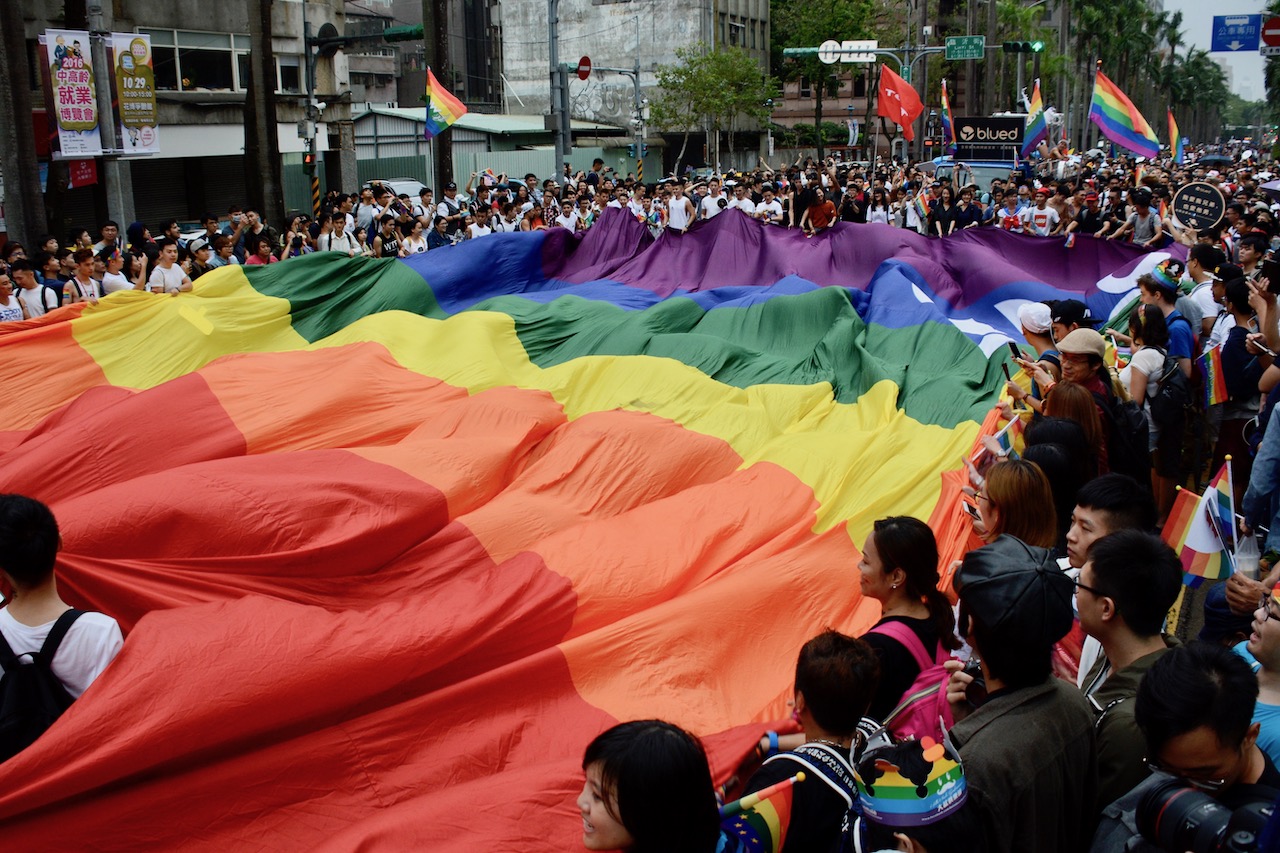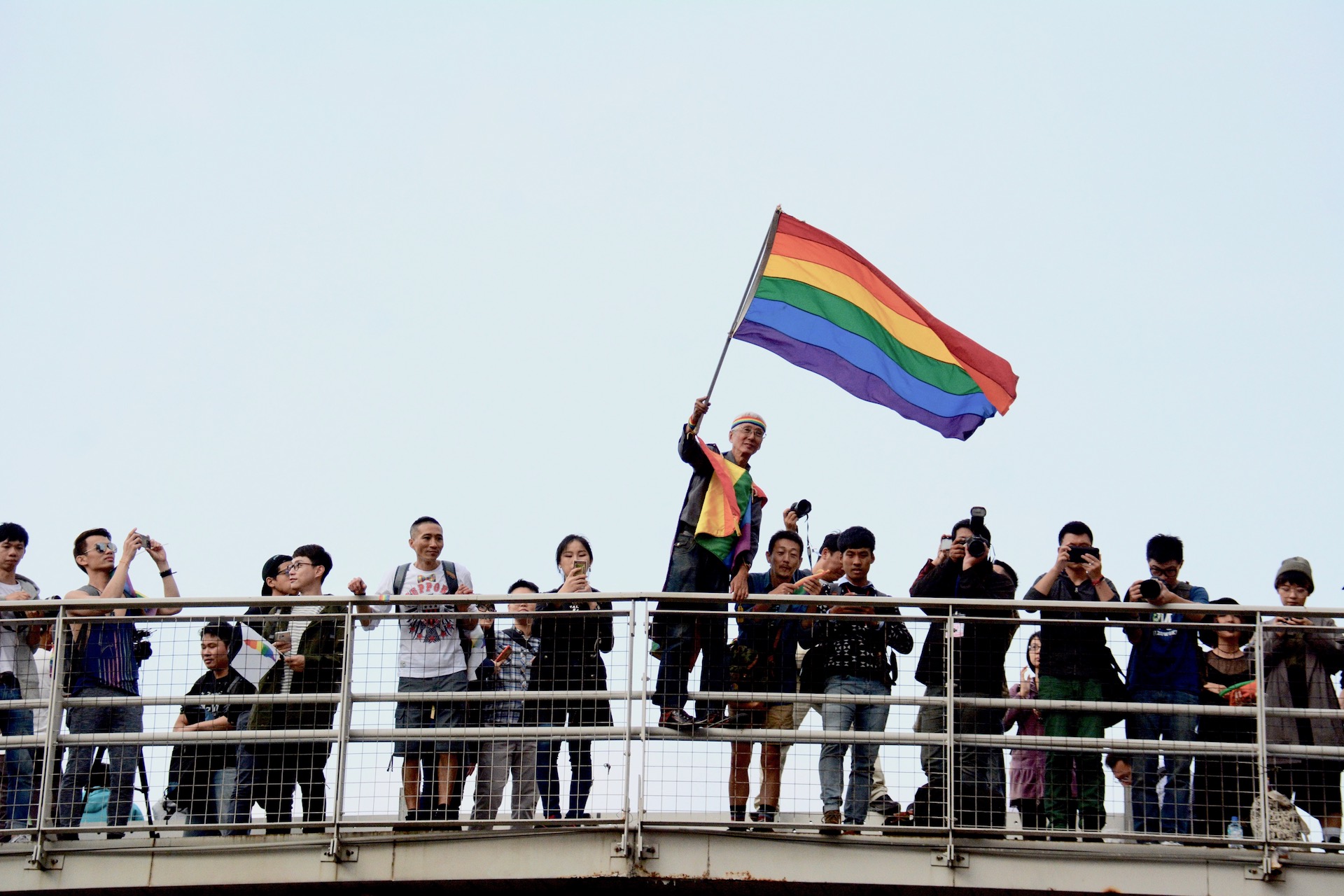Apprehensions over population density and a drain on public services, rather than the religious beliefs of asylum seekers, influence support for welcoming refugees from the war-torn country.
The issue of accepting refugees, especially Syrian refugees, has received little attention in Taiwan. some would argue that this is because Taiwan is too far away from developments in the Middle East and Europe to be concerned about accepting Syrian refugees.
Still, there are three reasons why Taiwanese perceptions deserve greater attention.
First, Syrian refugees face increasing hostility in many Western countries that are unwilling to accept them. Most recently, U.S. President Donald Trump’s travel ban put an indefinite ban on Syrian refugees, though a court ruling appears to have overturned that decision, at least for the time being. Like other refugee groups, Syrians may be forced to migrate further away in the hope of finding a willing host country. For example, although Japan rejects most refugee applications, Syrians have continued to apply, with a paltry six admissions granted in 2015. If desperate Syrians are willing to try to resettle in Japan, then it is not unrealistic to consider that Taiwan could also be a future destination. Some also have suggested that Taiwan may be better positioned to accept refugees than the more homogenous South Korea and Japan, with others pointing to the integration of Vietnamese as evidence of the potential in Taiwan.
Second, the Taiwanese have shown that they care about the Syrian refugee crisis. In June 2016, President Tsai Ing-wen stated that despite its not being a UN member state, Taiwan was just as willing as UN members to assist in the global refugee crisis. Although Taiwan does not yet host Syrian refugees, the government has extended a helping hand to those countries that have. Taiwan donated 10 prefabricated houses to provide shelter for Syrian refugees in Jordan. Another project, “Casa di Love,” provides funding to build a refugee facility for some of the 100,000 refugees on the southern Italian island of Lampedusa.
Third, because Taiwan is not a member of the United Nations, it is neither a signatory of the 1951 Convention Relating to the Status of Refugees nor does it have a United Nations High Commission for Refugees (UNHCR) office. For several years, the Taiwanese government has come under pressure to pass a refugee law, as its current law does not provide for the granting of asylum or refugee status. In July 2016, draft legislation passed its first of three legislative committee reviews. The passing of this law would substantially ease the asylum process in Taiwan and also open the door for Taiwan to take in more refugees – potentially including Syrians.
If Taiwan were to consider accepting Syrian refugees, the Tsai administration would likely feel compelled to gauge Taiwanese public opinion on the matter. To this end, we wanted to see what factors would likely influence Taiwanese willingness to accept Syrian refugees. With an experimental web survey conducted through PollcracyLab, we randomly assigned 500 respondents to receive one of five prompts about Syrian refugees and then to evaluate the statement “Taiwan should accept refugees from Syria” on a 5-point Likert scale, ranging from (1) strongly disagree to (5) strongly agree.
Every respondent received this basic information:
The civil war in Syria has created an international refugee crisis. Some claim that as a humanitarian crisis, it is the duty of other states to take in refugees. Others claim that taking in refugees creates a potential security risk.
We used this version as the baseline. The other four included additional information. Two versions present a number of refugees that Taiwan could accommodate, to see if the amount triggers different levels of support. The last two versions also identify the refugees as Muslim to see if the refugees’ religion influences support for accepting refugees:
Version 2: Estimates suggest that Taiwan could accommodate up to 10,000 Syrian refugees.
Version 3: Estimates suggest that Taiwan could accommodate up to 50,000 Syrian refugees.
Version 4: Estimates suggest that Taiwan could accommodate up to 10,000 Syrian refugees, most of whom would be Muslim.
Version 5: Estimates suggest that Taiwan could accommodate up to 50,000 Syrian refugees, most of whom would be Muslim.
Among those that received the baseline version, a third of respondents disagreed with accepting refugees, compared to 28 percent who agreed. That nearly 40 percent neither agreed nor disagreed is consistent with the refugee issue not being on the radar of most Taiwanese. However, across all four versions with additional information, Taiwanese rates of agreement declined and conversely disagreement increased. Surprisingly, the highest rates of disapproval were found among those who received the prompt highlighting 50,000 refugees only, rather than those containing the religion prompt. Yet we found no statistically significant difference between the responses from those that included the religion of the refugees and those that did not (Version 2 vs. Version 4, or Version 3 vs. Version 5). Regression analysis also finds the 50,000 refugees version (Version 3) to correspond with the largest decrease in support for accepting refugees. These basic patterns endure after controlling for factors presumed to influence perceptions, from demographic variables (age, gender, education, income), to views of Muslims and foreigners, experience abroad, traditional values (as measured by AsianBarometer), partisan identification and perceptions of Taiwan’s economic and housing capacity for refugees.

We can draw a few implications from this. First, these results reveal how framing matters. Depending on how an issue is presented, citizens react differently. That the inclusion of additional information decreased support for accepting refugees suggests that Taiwanese opinions on refugees may not be set in stone yet. Perhaps most important, the data suggests that Taiwanese seem to be far more concerned with the number of the refugees than the refugees’ religion. Due to geographical conditions, much of Taiwan is not suitable for large populations, yet with 650 people per square kilometer Taiwan ranks 17th in the world in terms of population density. Therefore, the results might suggest fears that refugees would exacerbate this problem and the associated demands for government services.
In addition, it appears that Islamophobia is not as salient in Taiwan as in other countries, with Taiwanese generally tolerant of Muslims. For example, in 2016 management at Taipei 101 announced plans to set up a Muslim prayer room in the building in order to attract more Muslim visitors. Many Muslims in Taiwan also find the country a comfortable home where they can freely practice their religion. Similarly, the fact that the mention of the refugees’ religion did not change respondents’ willingness to accept them may also be due to Taiwanese already knowing that most Syrians are Muslim.
Although Taiwan is rarely mentioned within the broader debate about the Syrian refugee crisis, the findings here suggest both the potential for resettlement and challenges to overcome in terms of public opinion in the country.
You might also like
More from Society & Culture
Media and Free Expression in Taiwan Are Under Attack: What Can be Done?
How can we avoid the imposition of a blanket silence which can only empower our enemies and damage our democracy? …
Taiwanese Views on Homosexuality Based on Proximity of Relationship, Study Shows
The legalization of same-sex marriage in Taiwan should be viewed not just as a culmination of years of advocacy efforts …
Challenges Remain Following the Legalization of Same Sex Marriage in Taiwan
Despite the adoption of a new law on May 17, campaigns will continue to legitimize the kind of homophobic discourse …









